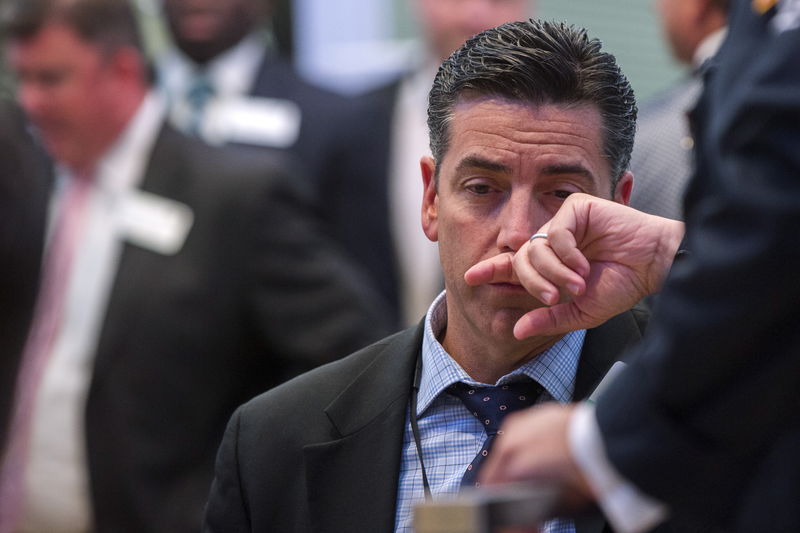Wall Street Braces for Regulatory Rollbacks Under Trump’s Presidency
The banking and finance sectors are actively compiling deregulation proposals ahead of Donald Trump's potential return to the White House in 2025. Financial trade groups are preparing detailed requests for Trump's transition team, with some industry sources noting a sense of urgency in conveying their demands.
The Trump team has been meeting with industry groups, lawyers, and lobbyists for weeks to lay the groundwork for a proactive approach to regulatory changes. These efforts intensified after Trump's election victory on Tuesday, and his allies have begun to seek input from industry stakeholders regarding government issues and requests for solutions.
Key areas of focus for the banking sector include proposed changes to the Basel III Endgame rules, which require large banks to hold more capital to reduce risk. Banking groups are calling for significant rollbacks or reconfigurations of these rules. They are also seeking more flexible fair lending regulations, streamlined annual stress tests for large banks, and a looser approach to evaluating bank mergers.
Financial institutions are also monitoring upcoming tax legislation in Congress, aiming to preserve the lower corporate tax rates established under Trump's 2017 tax law. The private equity sector advocates for a softer stance from the Securities and Exchange Commission and the maintenance of favorable tax treatment for carried interest.
A spokesperson highlighted the improvements made over the past three and a half years in terms of efficiency, competition, and investor protection, as well as enforcement actions that hold wrongdoers accountable and compensate investors.
Reports suggest that the transition team's efforts toward the financial sector are more comprehensive compared to 2016, indicating a well-organized effort to shape the new administration. This includes the collection of policy proposals and the evaluation of potential candidates for prominent banking and financial regulatory positions.
Despite these preparations, industry sources indicate that the Senate will likely prioritize high-level cabinet appointments, meaning that appointing new regulatory leaders after the oath of office on January 20 could take weeks or months.


